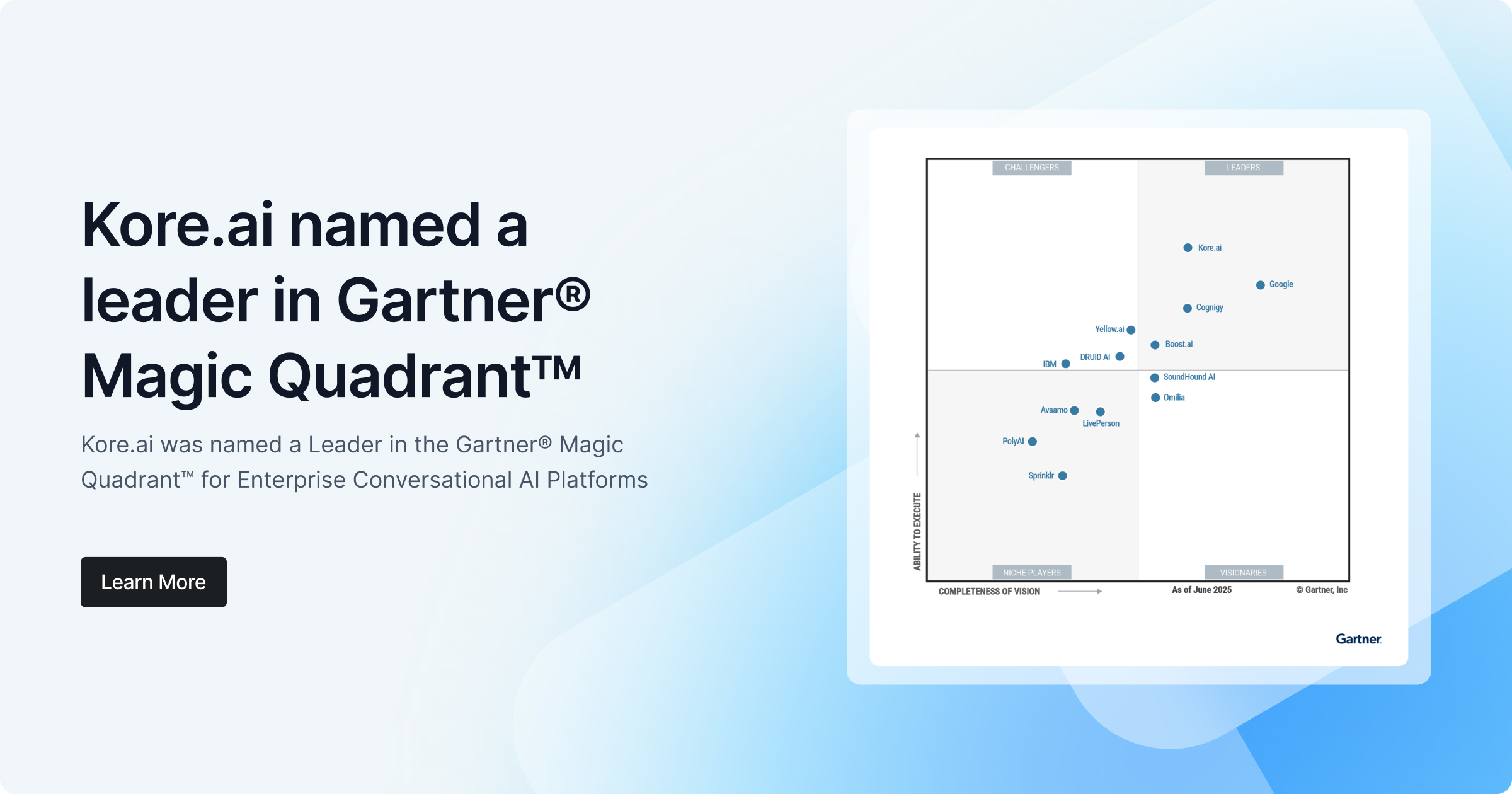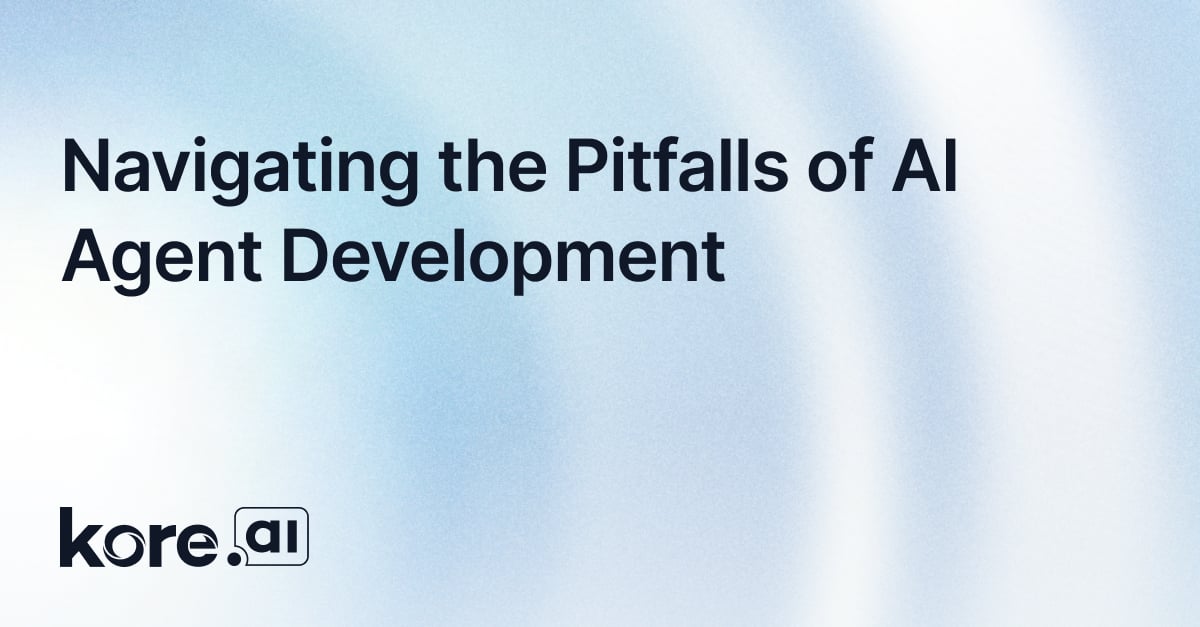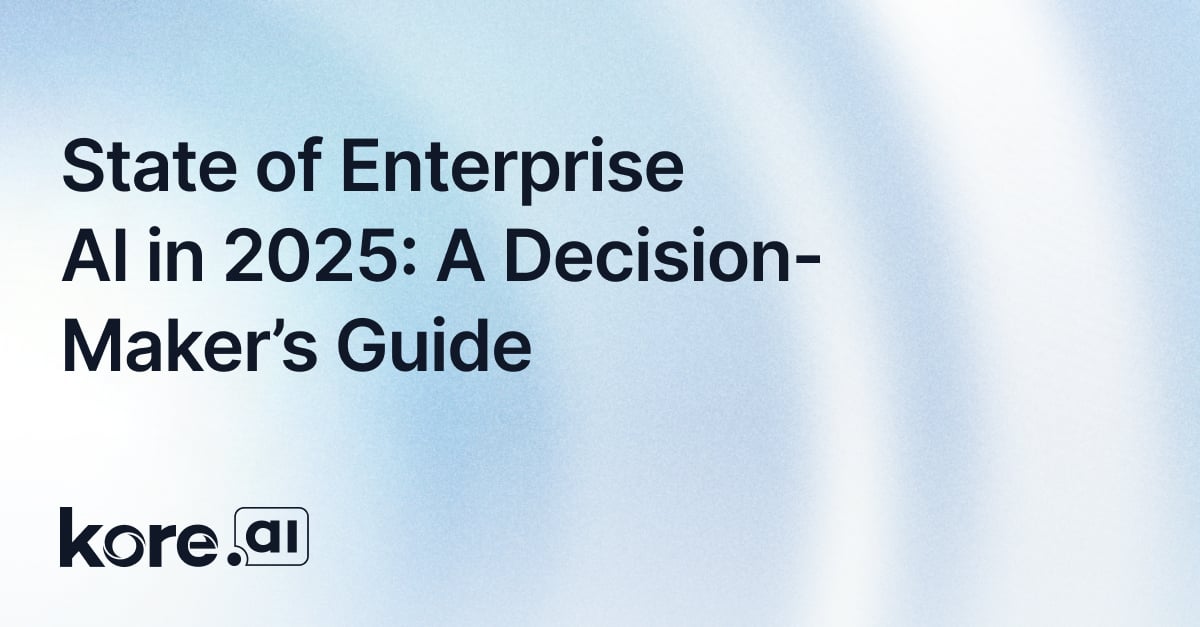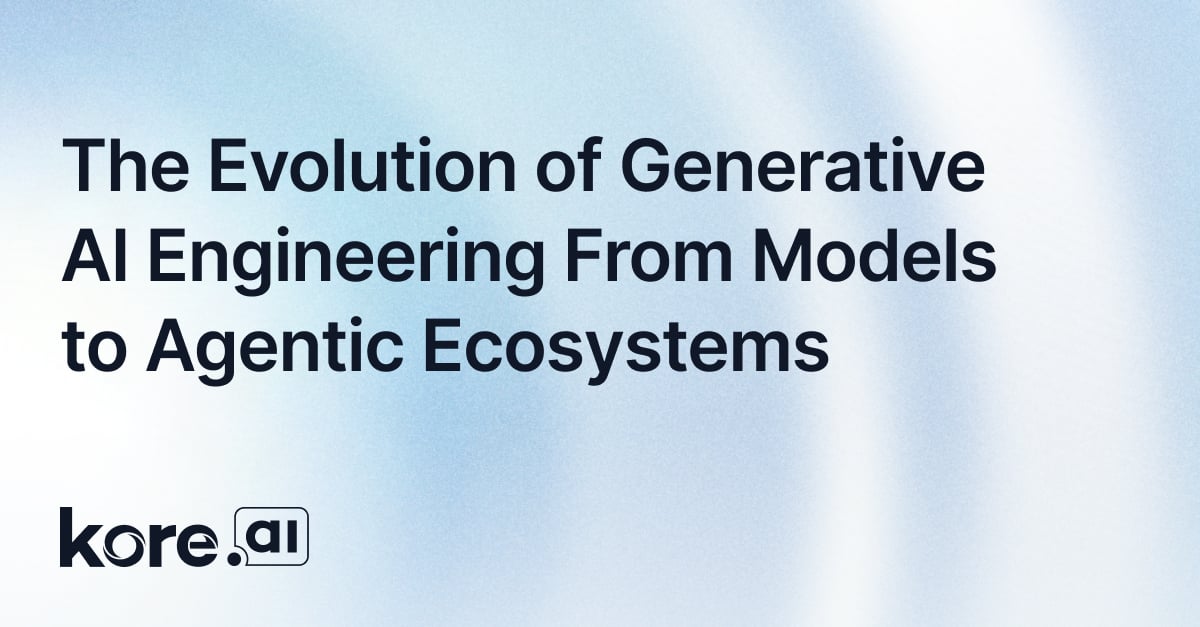AI agents have become pivotal in transforming business operations, enhancing customer experiences, and driving automation. However, organizations often stumble into recurring challenges that slow progress, inflate costs, or limit impact. To truly unlock the promise of agentic AI, leaders must recognize these pitfalls early and address them with the right strategies. In this blog, we’ll explore the top eight pitfalls of AI agent development and more importantly, the practical solutions to avoid them so you can build scalable, resilient, and high-performing agentic systems.
1. Lack of Clear Use Case Definition
One of the most frequent mistakes in AI agent development is the failure to define clear, actionable use cases. Without a well-defined problem or a specific business objective, AI agents often end up underperforming or unable to deliver measurable value.
Solution: Align Capabilities with Business Goals
Begin by mapping the AI agent’s capabilities directly to your organization’s objectives. Identify the specific problems it will solve—whether it’s customer service automation, workflow optimization, or complex decision-making. From the outset, define measurable KPIs tied to these objectives to ensure the agent’s value is both demonstrable and strategically relevant.
2. Data Quality and Availability Issues
AI agents thrive on data yet, many projects fail when the necessary high-quality data is either unavailable or poorly structured. Insufficient or low-quality data results in biased, ineffective models that hinder the agent’s ability to perform in real-world environments.
Solution: Build a Strong Data Foundation
Ensure that data is collected, cleaned, and organized early in the development process. Focus on creating a robust data pipeline that can feed your AI models with clean, relevant, and diverse datasets. Prioritize data governance and implement ongoing monitoring to maintain data integrity over time.
3. Ignoring Model Transparency and Explainability
As AI agents become increasingly integrated into decision-making processes, it’s crucial to understand how they arrive at their decisions. Without transparency or explainability, it becomes difficult to trust the outputs of these agents, especially in highly-regulated industries like healthcare or finance.
Solution: Implement Explainability Frameworks
Adopt explainability frameworks that allow for audit trails of decisions made by AI agents. This ensures that both technical teams and business stakeholders can understand the logic behind AI-driven decisions, fostering confidence and compliance. Platforms like Kore.ai Observability offer real-time visibility into agent performance, decisions, and behaviors. With built-in observability, enterprises can detect issues early, validate compliance, and build confidence in AI-driven outcomes.
4. Overlooking Interoperability and Integration Challenges
Many enterprises already have a complex technology ecosystem in place. Trying to deploy AI agents in isolation without considering integration with existing systems, tools, and workflows often leads to inefficiencies, duplicated effort, and higher costs.
Solution: Prioritize Interoperability and Avoid Vendor Lock-in
Choose a flexible, interoperable AI agent platform that allows easy integration with your current tech stack. Whether it’s connecting to CRM, ERP systems, legacy applications, or new cloud services, ensure that the platform supports seamless integration. The most future-proof platforms also embrace a cloud, model, channel and data agnostic approach, giving enterprises the freedom to deploy agents across environments and models without lock-in.
5. Scalability Issues in Multi-Agent Systems
While AI agents perform effectively in controlled environments, scaling them to manage complex tasks, larger datasets, and higher user volumes reveals performance bottlenecks and system limitations.
Solution: Invest in Scalable Architecture
Design your AI agent systems with growth in mind. Choose platforms that support horizontal scaling, provide efficient multi-agent orchestration, and can reliably handle increasing data loads and interaction volumes over time. By planning for scalability early, enterprises can ensure consistent performance and long-term sustainability of their agentic AI initiatives.
6. Lack of Security and Governance
Security is a critical concern, especially when dealing with sensitive customer data and regulatory compliance requirements. Many AI agent implementations fail because they neglect proper security measures and governance policies from the outset.
Solution: Embed Security and Governance from the Start
Ensure that your AI agent platform provides robust security features such as data encryption, authentication protocols, and compliance with industry standards like GDPR or HIPAA. Complement these with clear governance models that continuously monitor agent behavior, compliance, and performance. Building these controls into the foundation of your agentic systems protects enterprise assets while maintaining stakeholder trust.
7. Failing to Adapt to Evolving Business Needs
The business landscape is constantly evolving. AI agents developed today may not be equipped to handle the challenges of tomorrow. Failing to build a system that can adapt to new use cases or business requirements can lead to obsolescence.
Solution: Establish Continuous Feedback & Improvement Loops
Choose platforms that allow for continuous model updates and agent enhancements. Implement a feedback loop that collects performance data, user feedback, and evolving business needs, ensuring that your AI agents can adapt as necessary to future challenges.
8. Failing to Match Autonomy Levels to the Use Case
While AI agents are designed to automate tasks, it’s essential not to overlook the human element. While fully autonomous systems are ideal for low-risk, repetitive tasks that require minimal oversight, high-stakes scenarios demand a "human-in-the-loop" approach, where humans guide critical decisions. A lack of collaboration between AI systems and human decision-makers limits the potential of AI Agents to drive optimal outcomes across the organisation.
Solution: Design for adaptive Human-AI Oversight
Choose platforms that offer the flexibility to adapt to different levels of autonomy, ensuring seamless integration between AI and human decision-makers. Whether it’s fully autonomous systems or a human-in-the-loop approach, ensure that your platform supports dynamic handoffs between AI and humans to maximize both efficiency and accuracy.
Scale Agentic AI Successfully Across the Enterprise with Kore.ai
Navigating the complexities of AI agent development requires a strategic approach that anticipates and mitigates common pitfalls. From defining clear use cases to ensuring data quality, transparency, and scalability, Kore.ai helps you approach agentic AI strategically, enabling seamless scaling and delivering measurable business outcomes. The platform utilizes customizable RAG pipelines for data ingestion, ensuring that your AI systems are powered by high-quality, reliable data.
With end-to-end observability, you can continuously monitor and optimize agent performance.
The platform’s model, cloud, data, and channel-agnostic architecture integrates seamlessly into your existing ecosystem, while A2A and MCP ensure interoperability with other AI systems. Kore.ai offers enterprise-grade security and governance to meet your compliance and operational standards.
Kore.ai’s platform provides the flexibility, scalability, and security needed for successful AI agent implementations at scale. Talk to an expert at Kore.ai to explore a future-proof, scalable AI solution tailored to your enterprise needs.










